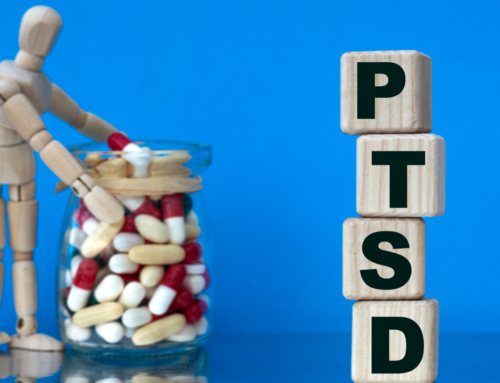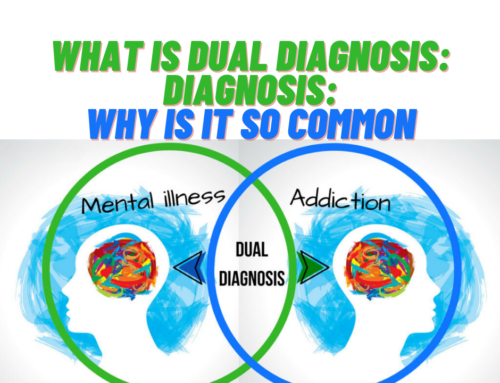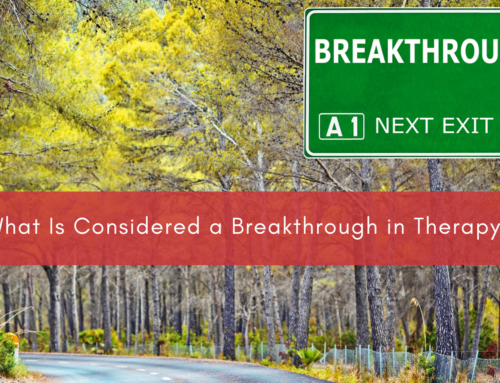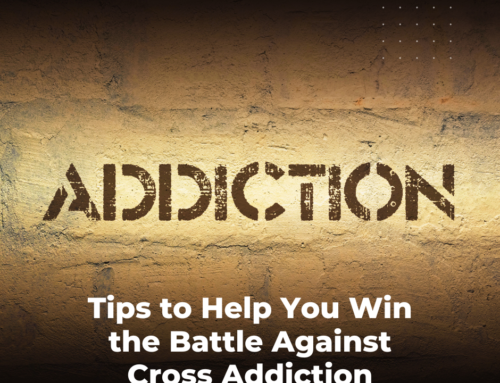While the journey to sobriety is a rewarding one, it can also be very complex to get there. One of the obstacles you may experience during recovery is called “dry drunk syndrome” when you still act drunk even though you are sober. It is best that if you develop dry drunk syndrome to continue on with your recovery and not let these obstacles get in your way.
What are the Symptoms of Dry Drunk Syndrome?
The symptoms you experience in this syndrome are similar to the feelings you had while you were drinking. There are mood symptoms like irritability, low spirits, impatience, anxiety, resenting yourself and everyone around you, boredom, and feelings of hopelessness. There are also behavioral symptoms like aggressiveness, trouble sleeping, self-judgment or blame, frustration towards treatment, dishonesty, or engaging in other behaviors to deal with your abstinence like watching TV or gambling.
Does Everyone Develop Dry Drunk Syndrome?
Everyone’s recovery is different to each person depending on the severity and the motivation. People who leave rehabs early or do not address the underlying factors that contributed to your alcoholism have a higher chance of developing this syndrome. It can also be because of underlying mental health issues or not enough social support.
What are the Best Ways to Cope with Dry Drunk Syndrome?
You should first speak to your loved ones about what you are experiencing. This can make it easier for them to offer empathy and support when you are having thoughts about drinking. You should also speak to others in recovery to see if they have experienced this syndrome before too and what they did about it. An important part of recovery is taking care of yourself by exercising every week, eating balanced meals, sleeping seven to eight hours a night, and making time for your friends and family.
Coping methods can also be as simple as engaging in your favorite hobbies like drawing, journaling, team sports, gardening, etc. Another important part of treatment is identifying the reasons why you started drinking in the first place and what you are trying to run away from. When you deal with the reasons, you will no longer feel a need for alcohol when there are other methods to cope with your emotions. Remember that if you are not drinking anymore, you should be experiencing more positive emotions, connections, and experiences in your life without letting alcohol disrupt it.
At Alta Loma Transformational Living, you will meet knowledgeable, compassionate professionals that understand addiction in all its forms. Alta Loma uses an integrative and holistic approach to treat addiction and mental health issues. No treatment is one-size-fits-all, where you will have a team of experts prepared to create your customized treatment plan. We offer care for your mind, body, and spirit, so that you can heal from the inside out and look forward to a lifetime of sobriety and wellness. If you are ready to take the first step in your recovery, please call us at 866-457-3843.



